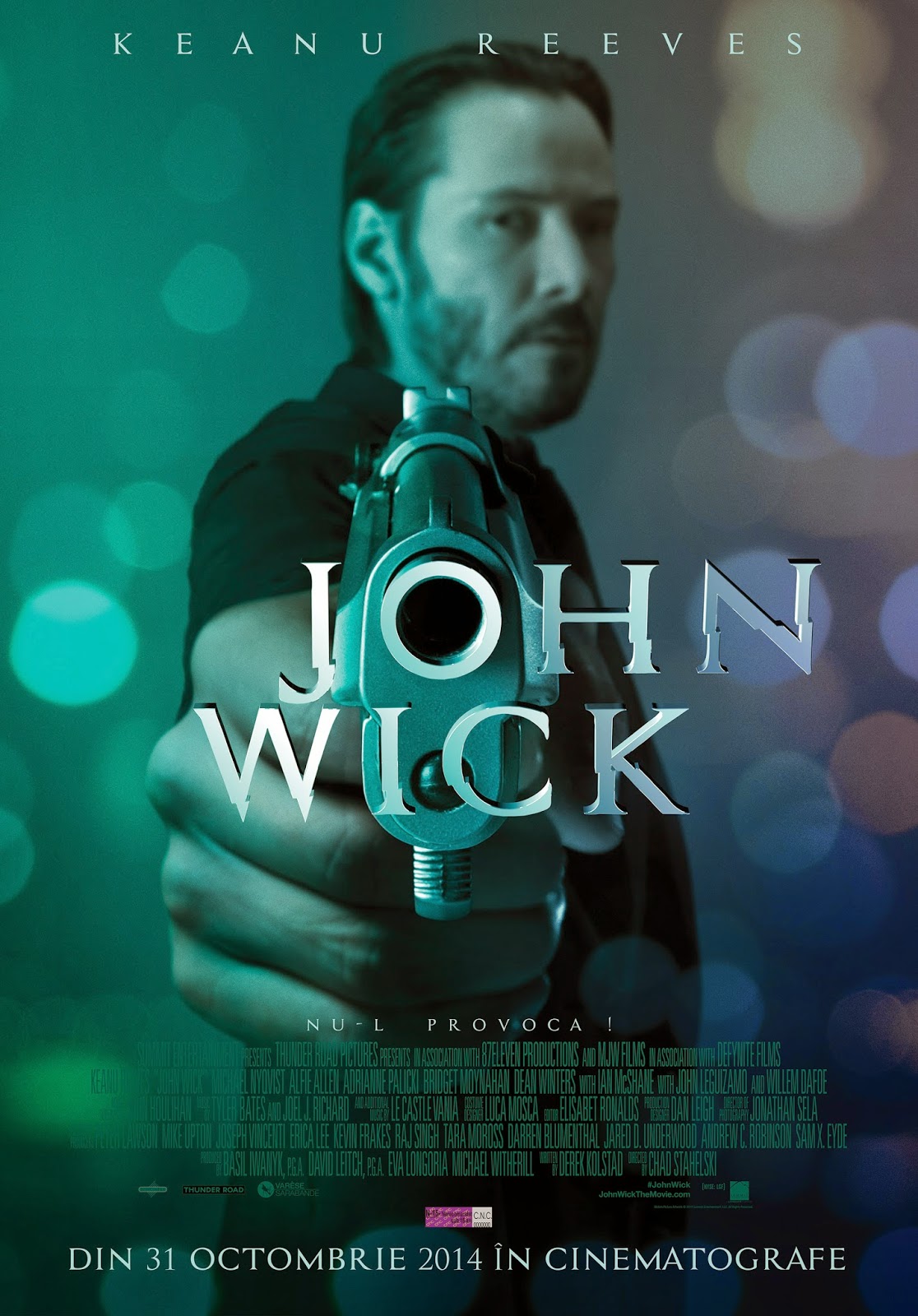Starred Up places
a lens on an aspect of society that many of us don’t like to think about, and
that is the incarceration system. We
don’t like to think about criminals or what happens behind bars, because we
think of them as dangerous and potentially deserving of whatever happens where
we cannot see. Starred Up takes a definite stance against prisoner abuse, and goes
so far as to demonstrate that a philosophy of punishment only further
entrenches anti-authority mindsets in violent offenders. And yet, despite its message that
rehabilitation is the best method by which to handle prisoners, the film never
shies away from the fact that its characters are violent criminals. Not criminals with hearts of gold. Not criminals with any sort of redemptive arc
where a happy ending shows them reentering society. These are just criminals with antisocial and
pathological communication issues, who react to their problems with violence
rather than words, making them at once sympathetic yet never once worthy of the
label “good.”
Our protagonist is Eric, a juvenile offender so violent that
he had to be removed from the juvenile detention facility and entered into an
adult prison. Our first glances at him
are a casual admittance to the prison, as he has been through this all before
multiple times, and upon entering his cell, the first thing he does is fashion
a shiv from a toothbrush and razor.
Multiple violent episodes follow, almost all out of instinct and
self-defense, and yet he is persistently treated as a purposeful offender by
the prison staff. Only one person wishes
to help him with his impulses rather than punish him for them, and that is the
prison’s counselor, a state-mandated position whom the rest of the staff
believes coddles the prisoners. And yet,
the only times we see Eric really come to terms with his anger and his
outbursts are when in the counselor’s presence, hinting at a therapeutic process
that the other conditions of prison life make it hard for Eric to fully
realize.
In the same prison is Eric’s father, convicted of a life
sentence and a constant absentee from his son’s life. It is obvious from the moment the two set
eyes on one another that there are a plethora of emotions they wish to express,
and yet are unable to due to their poor communication skills. Violence is the only way they have been
conditioned to handle the most remotely uncomfortable emotions, and the crux of
the film’s character-centric arc is watching to two struggle to relate as Eric begins
to integrate the counselor’s advice into his behavioral patterns.
Starred Up
admittedly touches upon a subject that I am personally passionate about, so I’m
probably more willing than many to overlook some of the film’s drier dialogue
or underdeveloped supporting cast.
However, just because a film is flawed does not mean it’s not worth
seeing, and Starred Up is most
assuredly worth your attention. It
shines a light on some of the most reprehensible people in our society and asks
the question of whether they deserve to be treated like people, and whether we
reinforce undesirable behavior by treating them as subhuman. This is powerful stuff, and I whole-heartedly
recommend this film to anyone and everyone.













